10+ Book Recommendations for Economics
Building your economic lens
One thing often missing in most introductory economics classrooms is the connection between theory and real-life applications. Students learn the models, graphs, and math, but not always how economics shapes the world they actually live in.
That’s why I started Decode Econ: to make economics relevant to you! I wanted to show how it influences the choices we make, the institutions we live under, and the opportunities we chase. Just last week, we looked at how recessions shape our personalities, the role of divorce law on family structure, how banning phones at school led students back to books, and how we are willing to pay to avoid being around people with politically different views..
A reader once told us that Decode Econ opened their eyes to the wide range of topics economics touches and showed them “just how interesting it is.” That’s one of the best compliments we’ve received, and it made me think: if I were to recommend 10 books for someone to read, what would they be?
So today, we’re sharing a curated list for anyone who’s ever asked: I am interested in learning more, what should I be reading?1
10 Books We Recommend
Module 1: Seeing the World Through an Economist’s Lens
Freakonomics – Steven Levitt & Stephen Dubner. An entertaining entry point: hidden incentives, surprising outcomes, and quirky applications of economic thinking. Every economist in the early 2000s was influenced by the applied nature of this book and the move to “pop economics”. (Link)
The Undercover Economist – Tim Harford. Builds intuition for markets and scarcity using real-life examples, such as coffee shops and supermarkets. Allows you to see your world through the economic lens. (Link)
Module 2: Human Behavior and Decision-Making
Nudge – Richard Thaler & Cass Sunstein. How small policy tweaks guide better choices without limiting freedom. (Link)
Everybody Lies: Big Data, New Data, and What the Internet Tells Us About Who We Really Are. Seth Stephens-Davidowitz offers fascinating economic insights into everything from sports to race to sex, gender, and more, all drawn from the world of big data (Link)
Misbehaving – Richard Thaler. The story of how behavioral economics grew into a revolution within the field. (Link)
Module 3: Inequality and Opportunity
The Privileged Poor – Anthony Jack. Inequality in elite universities: Who gets access and why it matters. A great read and example of qualitative research. (Link)
Evicted – Matthew Desmond. Ground-level view of housing insecurity and poverty’s ripple effects. (Link)
Module 4: Institutions and Development
Poor Economics – Abhijit Banerjee & Esther Duflo. Evidence-based insights on global poverty and what policies actually work. (Link)
Why Nations Fail – Daron Acemoglu & James Robinson. Institutions are the key driver of long-term prosperity or decline. Something we should all read today. (Link)
Module 5: The Economics of Experience
Unreasonable Hospitality – Will Guidara
Why read it? A masterclass in how creating extraordinary experiences can drive value. Economics often reduces value to prices and efficiency; this book shows that service, creativity, and human connection are just as powerful in shaping the future economy. (Link)
+2 Bonus Book: The Missing Piece
How I Built This: The Unexpected Paths to Success from the World’s Most Inspiring Entrepreneurs – Guy Raz. Why read it? Inspiring stories of entrepreneurs who saw gaps, took risks, and built solutions. It’s the entrepreneurial mindset that economics students need, and too often, they never get it in their coursework. Economics fails to explain how entrepreneurs develop and grow, rather than simply stating that they exist. Recommended by Dr. Jeni Al Bahrani (Link)
No Birds of Passage: A History of Gujarati Muslim Business Communities, 1800–1975
Why read it? This book reveals how three Gujarati Muslim business communities developed a distinctive form of Muslim capitalism that combined commerce, kinship networks, and religious obligations. Despite making up less than 1% of South Asia’s Muslim population, they became disproportionately influential across global trade routes from Gujarat to East Africa and Southeast Asia. Oonk shows how their caste institutions (jamaats) bridged South Asian, Islamic, and European traditions, offering a powerful case study of how culture and capitalism intersect in shaping economic success. Antowan Batts (Link)Reader Question: That’s our list. Now it’s your turn.
What books would you add to the list?
This is a short list, and one that would change depending on the day. There are so many other books to choose from. If you have other recommendations, please share them in the comments.


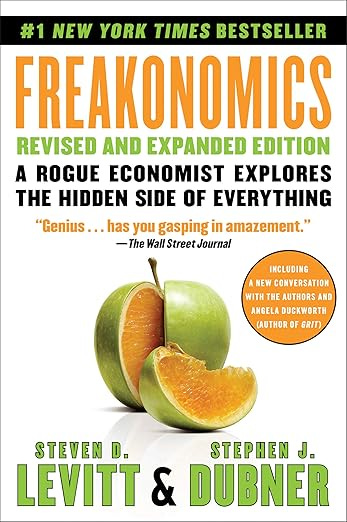
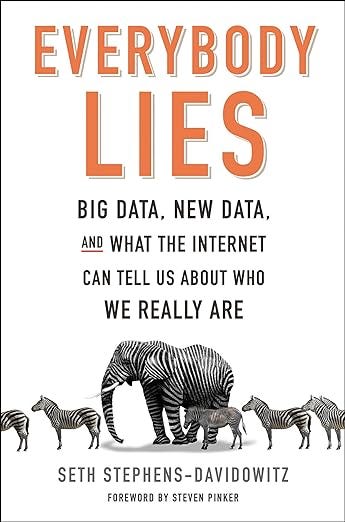
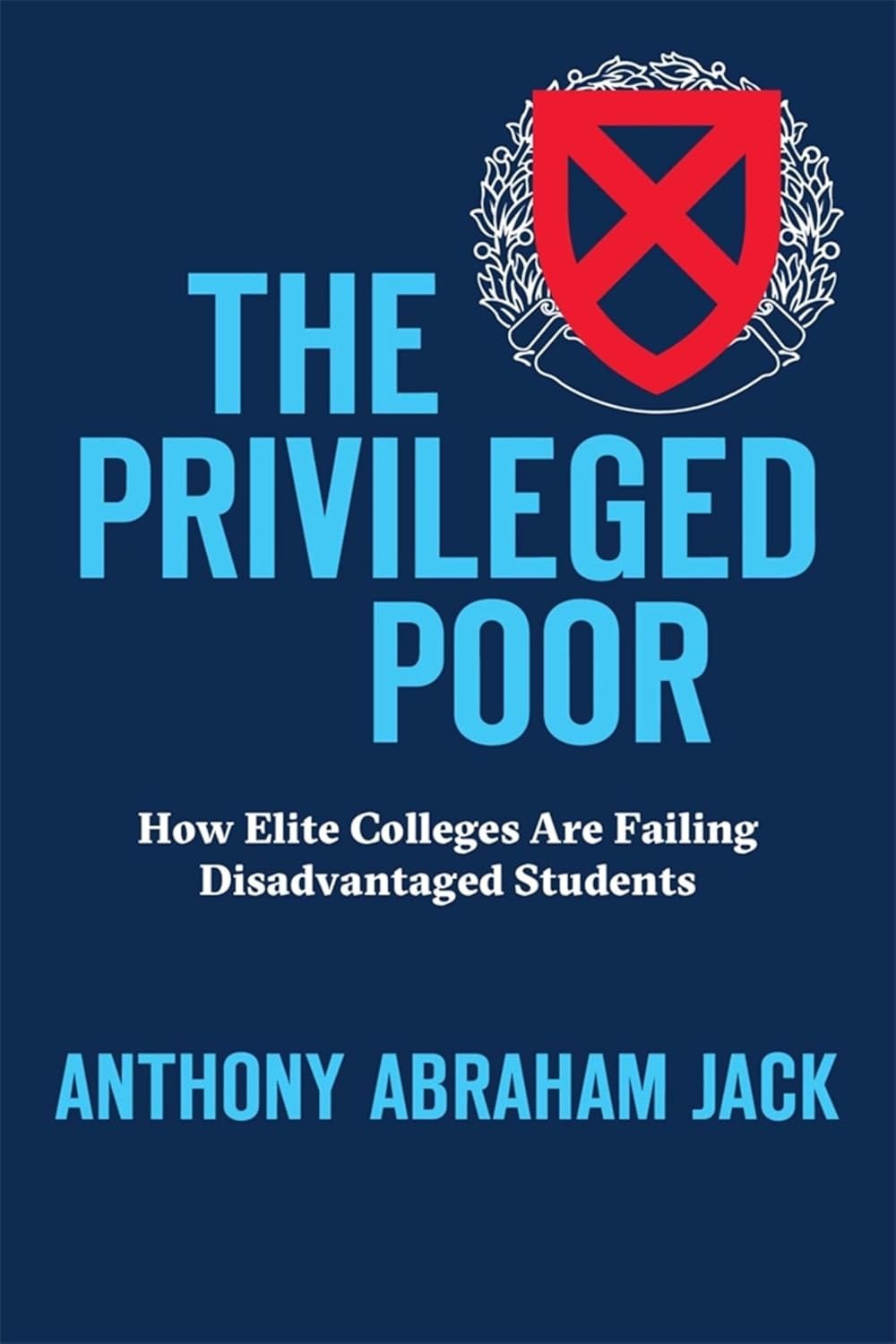
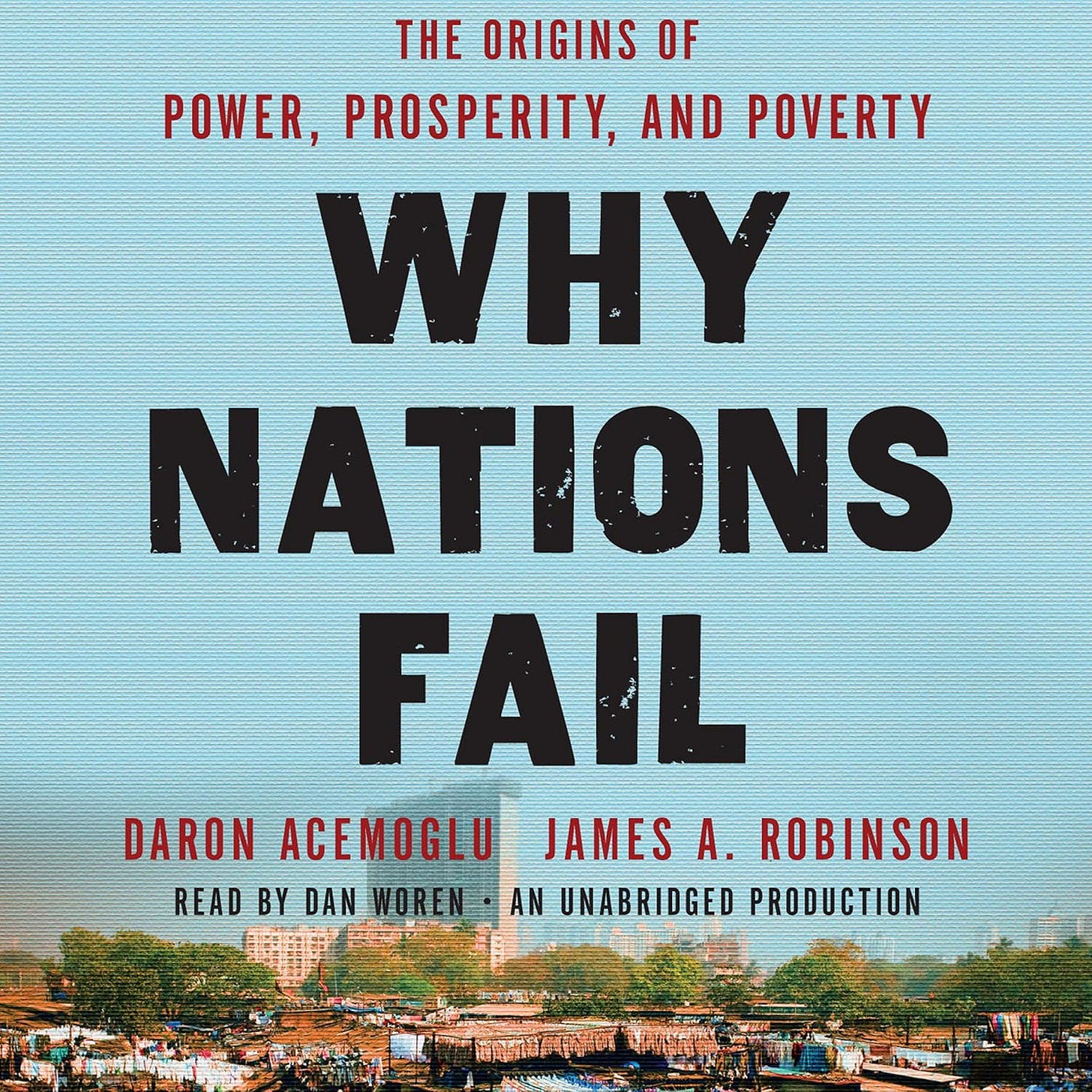
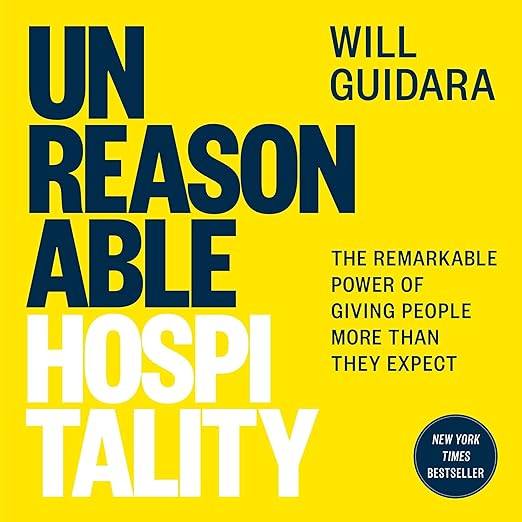
As a high school economics teacher, I have found some selections in "Naked Economics" to be particularly useful. I start the class with Chapter 2: Incentives Matter.
I felt economics only when I read its literature. I have read two of the recommended ones. Will read more. 💕